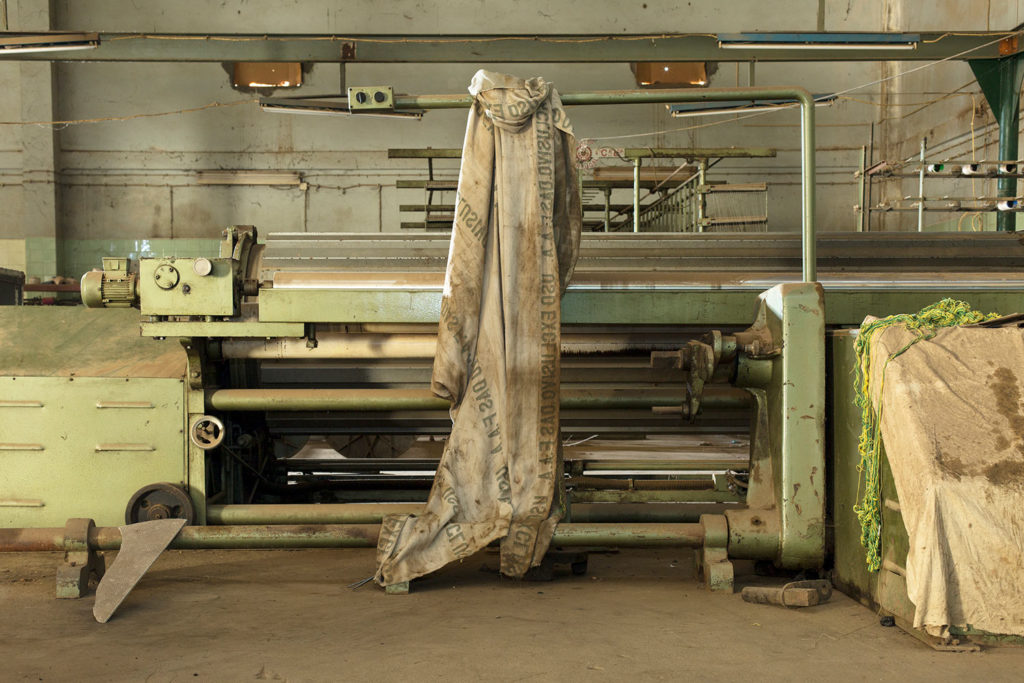Denis M. Mpongwé, Tipo Passe, 2019
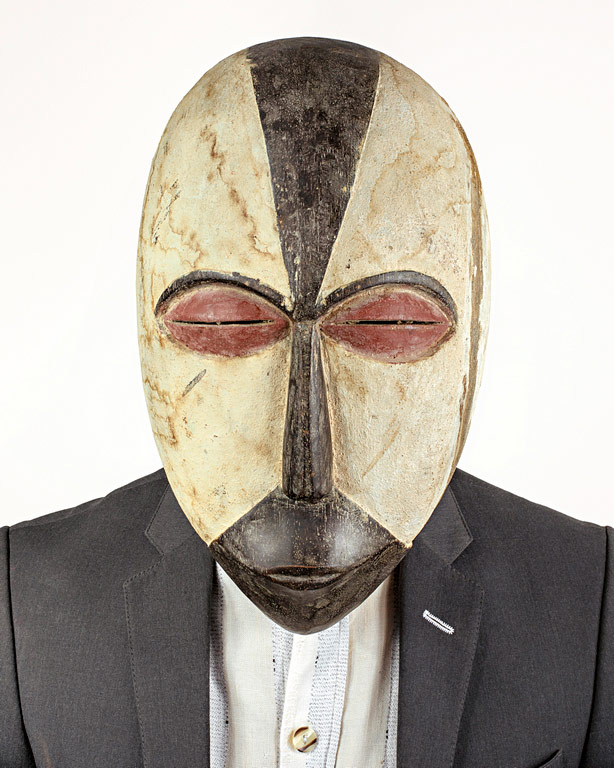
For his series “Tipo Passe“, Edson Chagas used a variety of traditional Bantu masks. In contrast to the usual museal-taxonomic staging as sculptural artefacts, Chagas had actual models wear the African masks, thus bringing them back to their original performative use in cultural-spiritual life.
The artist works with clear decontextualisations. Detached from their historical background and transferred to the present by people in modern dress, they collide with prevailing positioning strategies. Formally, the series “Tipo Passe” (passport) is specifically oriented towards the presentation of a neutral passport. In content, however, the individuality of the wearer of the mask is concealed. The mask becomes part of the identity to be questioned, linked to historical lineage and characterised by social attributions of a supposedly “typical African” stereotype.
Henrique C. Adesanya, Tipo Passe, 2019
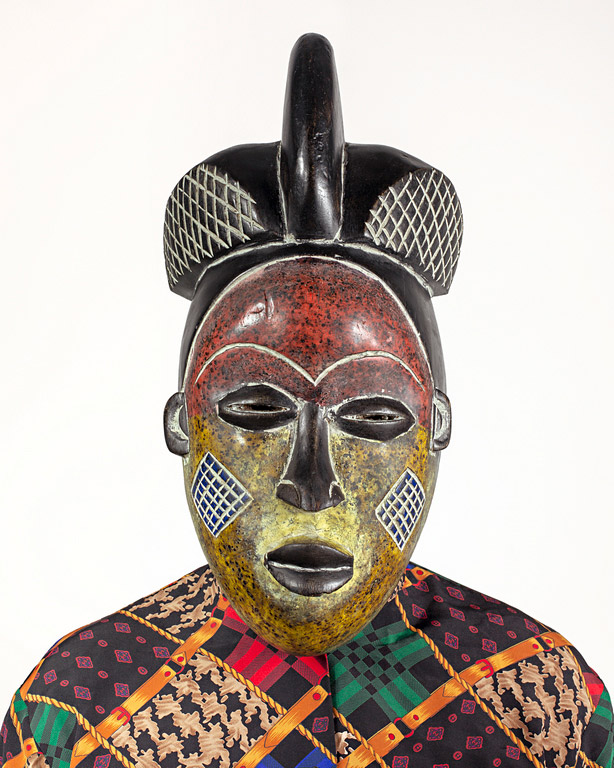
For his series “Tipo Passe“, Edson Chagas used a variety of traditional Bantu masks. In contrast to the usual museal-taxonomic staging as sculptural artefacts, Chagas had actual models wear the African masks, thus bringing them back to their original performative use in cultural-spiritual life.
The artist works with clear decontextualisations. Detached from their historical background and transferred to the present by people in modern dress, they collide with prevailing positioning strategies. Formally, the series “Tipo Passe” (passport) is specifically oriented towards the presentation of a neutral passport. In content, however, the individuality of the wearer of the mask is concealed. The mask becomes part of the identity to be questioned, linked to historical lineage and characterised by social attributions of a supposedly “typical African” stereotype.
Oikonomos, 2018
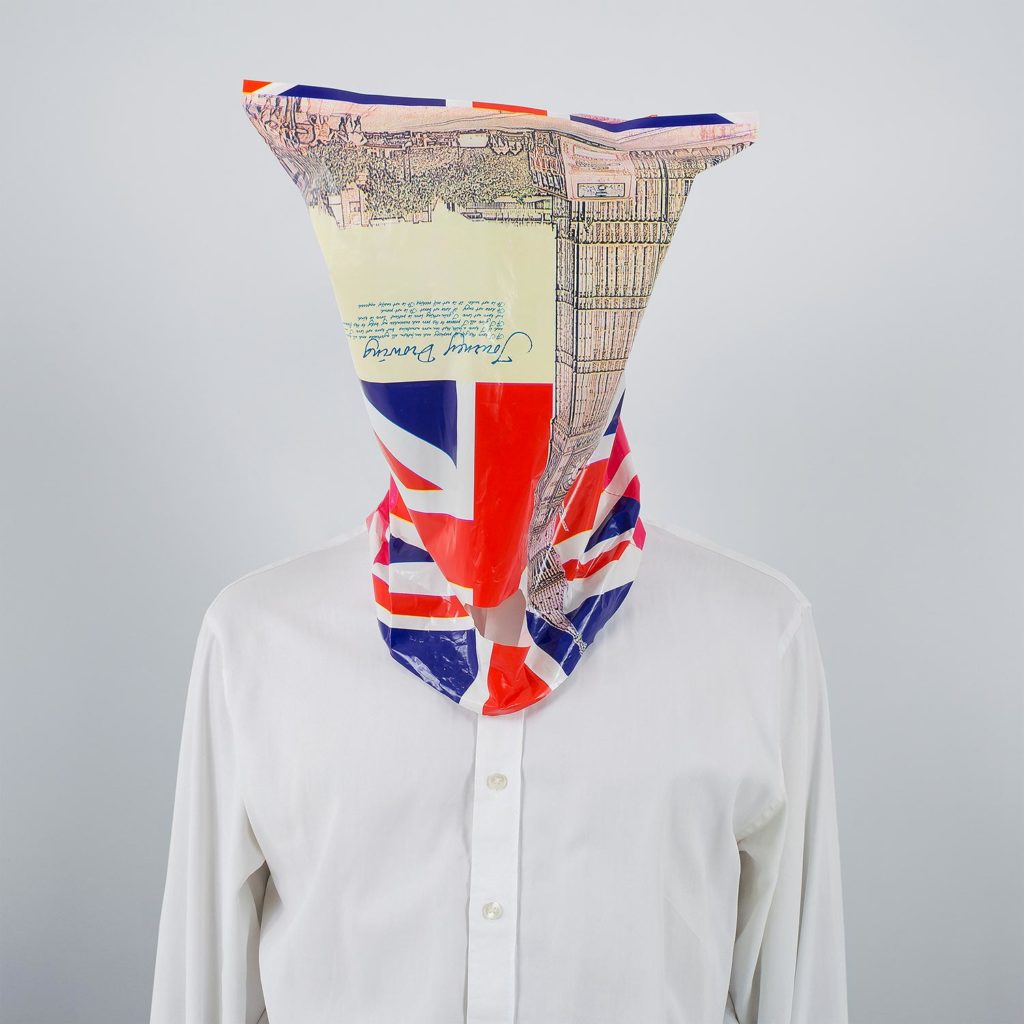
In Oikomonos (2011-2018) is more evident the exploration of portraiture – anonymous or fictional bodies and identities
move through this globalized world. The artist himself poses for the camera wearing a white shirt and the head covered
by shopping bags from different locations, directing the viewer's gaze towards the wording on the bags and what they
represent. Through a combination documentary precision with poetic imagination, Edson's images invite the viewer to
decelerate from the fast-paced daily routines of busy cities and to slowly engage with and reflect on complex issues such
as the effects of globalization, on consumerism, on themes of displacement and construction of identities in this fast-
changing world.
Untitled, Factory of disposable feelings, Luanda, Angola, 2017
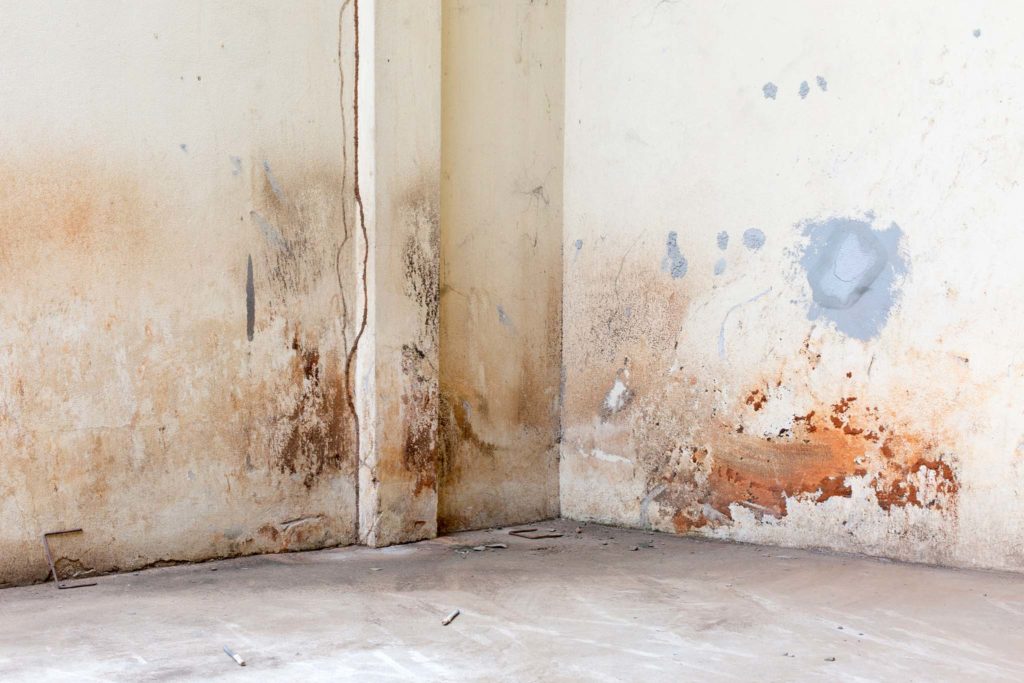
Factory of disposable feelings (2019) results from a long-term interaction with the specifics of place and context – a textile factory “Irmãos Carneiro”, located on the outskirts of Luanda – and suggest multiple ways to engage with history and over time. Again, debris and discarded objects take centre stage, referring to the past and to simultaneously embody the present and the uncertainty of the future.
Untitled, Factory of disposable feelings, Luanda, Angola, 2017
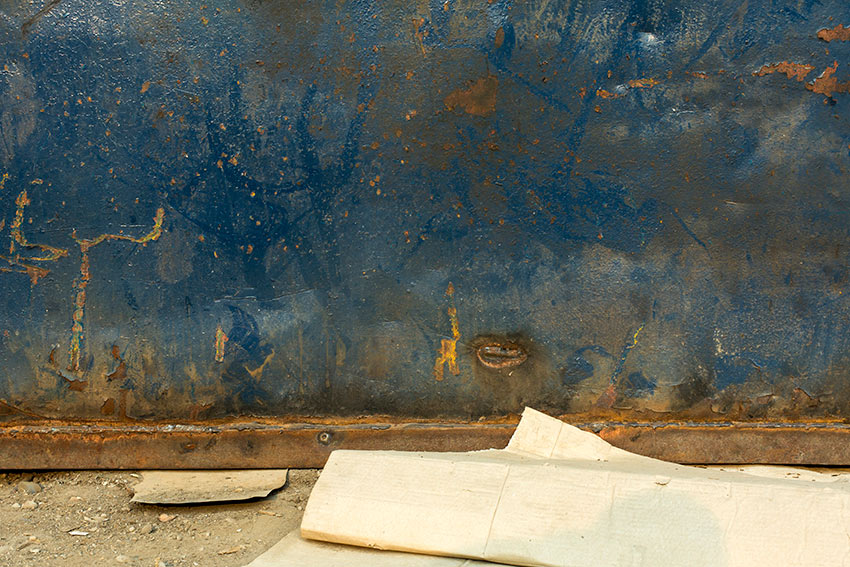
Factory of disposable feelings (2019) results from a long-term interaction with the specifics of place and context – a textile factory “Irmãos Carneiro”, located on the outskirts of Luanda – and suggest multiple ways to engage with history and over time. Again, debris and discarded objects take centre stage, referring to the past and to simultaneously embody the present and the uncertainty of the future.
Oikonomos, 2018
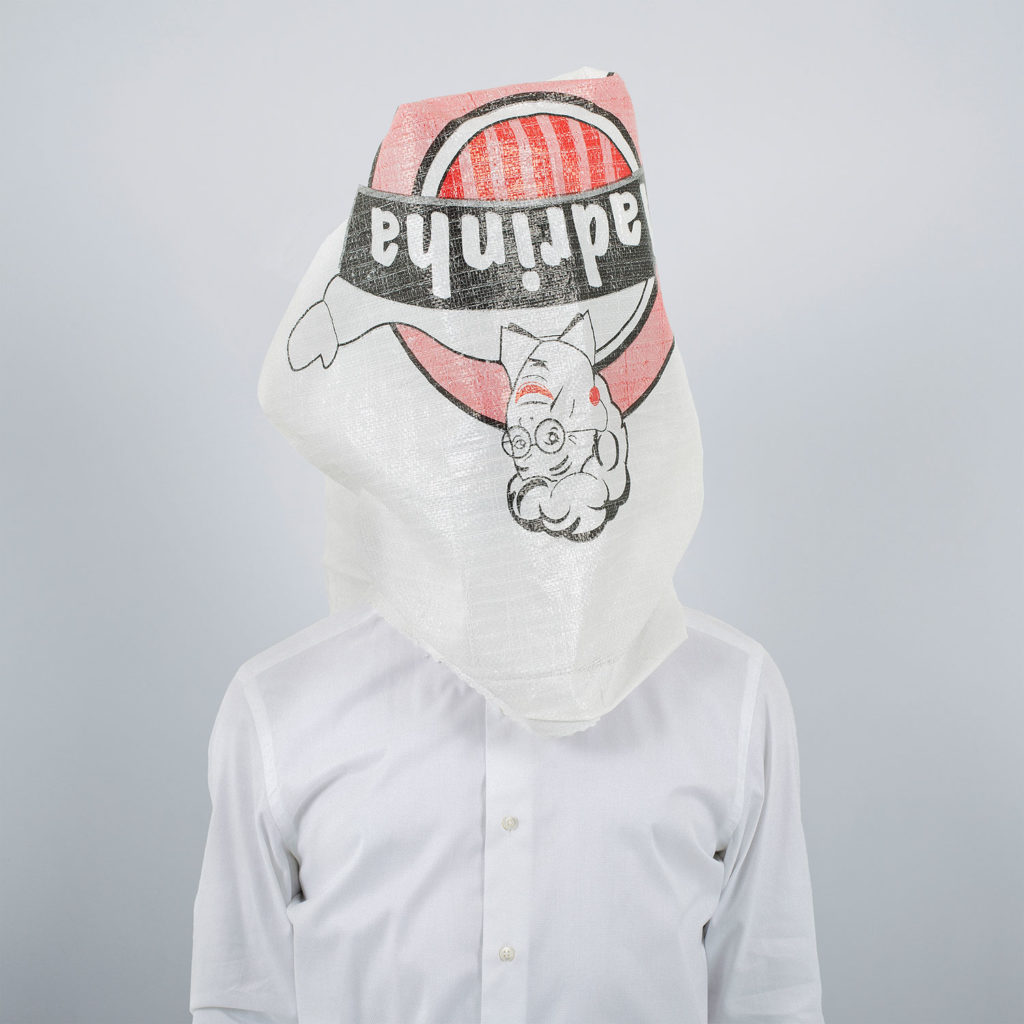
Em Oikonomos, Edson Chagas (Luanda, 1977) dá continuidade a uma reflexão que, iniciada em 2011-2012, adquiriu novos contornos por volta de 2017. Tanto o recurso ao método serial na fotografia, como a decisão de manter algumas das suas séries em aberto e em processo revelam um aspecto fundamental da prática artística de Chagas. Trata-se da procura constante e minuciosamente atenta ao mundo em redor, do local ao continental e ao global, e por isso mesmo, também e sem contradição, desacelerada e introspectiva, vivencial e intuitiva, sem nunca abdicar do espaço e do tempo necessários à observação e à reflexão, à experiência e à experimentação, nomeadamente no que ao próprio meio da fotografia diz respeito, enquanto ponto de partida formal e conceptual para todos os demais sentidos que a sua obra indubitavelmente adquire. A fotografia, entendida e praticada de forma serial e expandida, subjectiva e não documental, permite-lhe tomar criticamente o pulso aos impactos que as dinâmicas sociais, económicas e políticas do capitalismo globalizado têm tido sobre os ritmos quotidianos das cidades do Norte e do Sul globais, cujos espaços e objectos escapam cada vez menos à total mercantilização, e cujas subjectividades se reduzem cada vez mais ao desagenciar alienante do consumo (ou do seu desejo). O artista incita-nos a um questionamento essencial, enquanto ponto de partida para a procura conjunta de outros modos de vida.
Obra 17
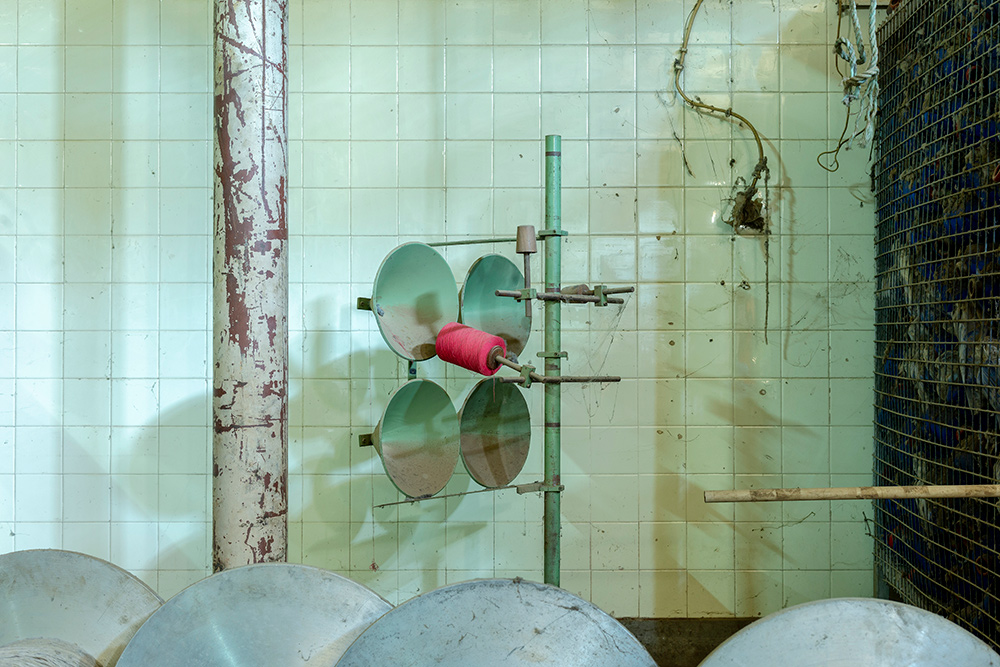
Obra 16
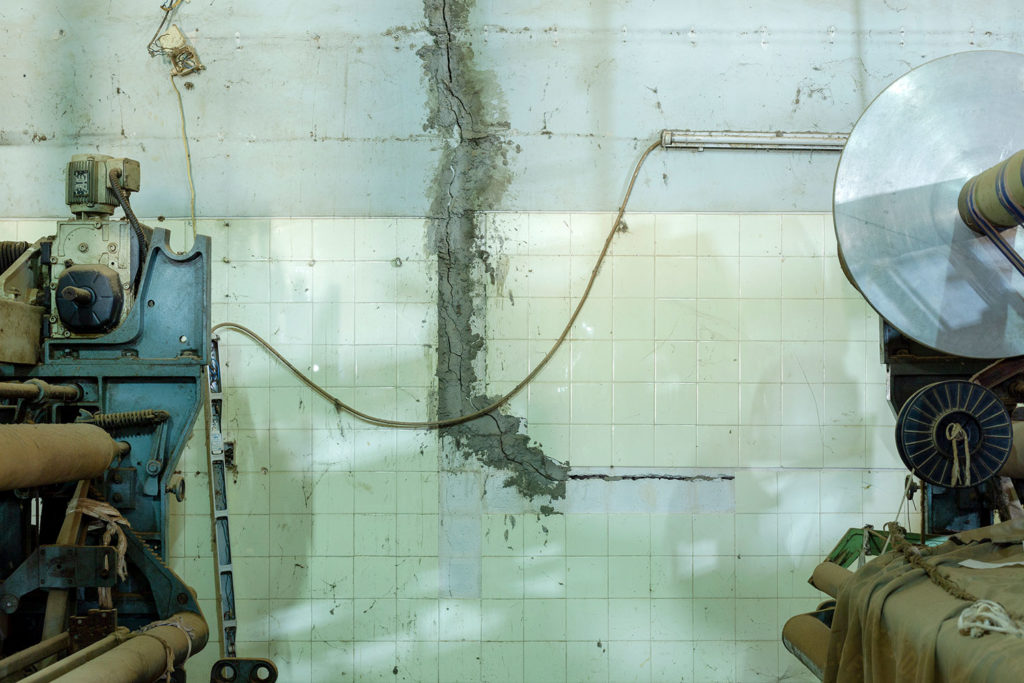
Obra 15
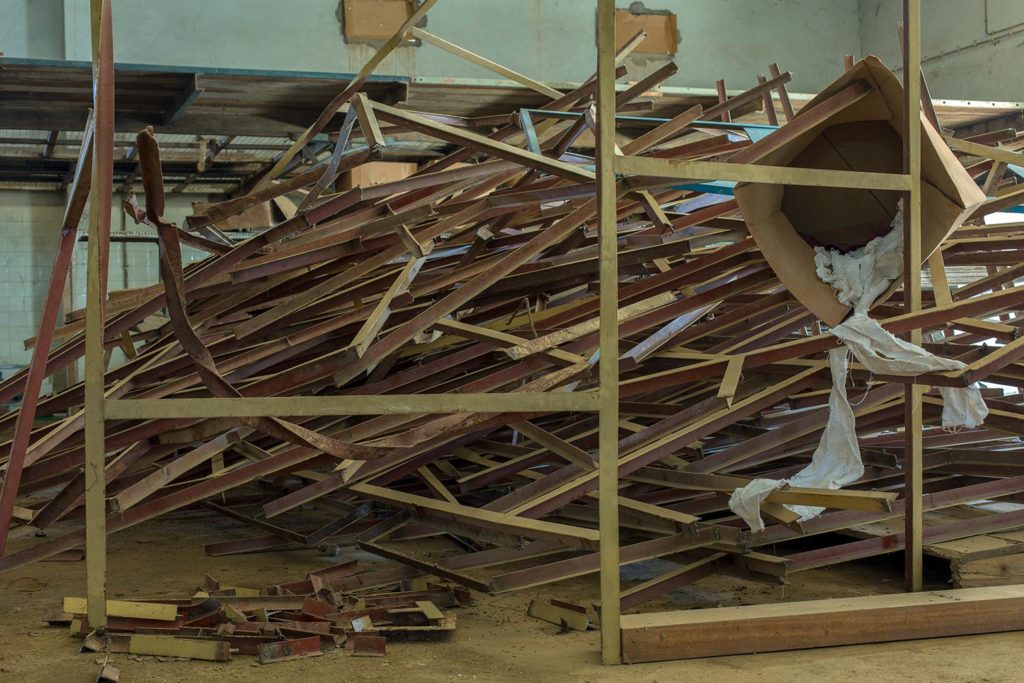
Obra 14
